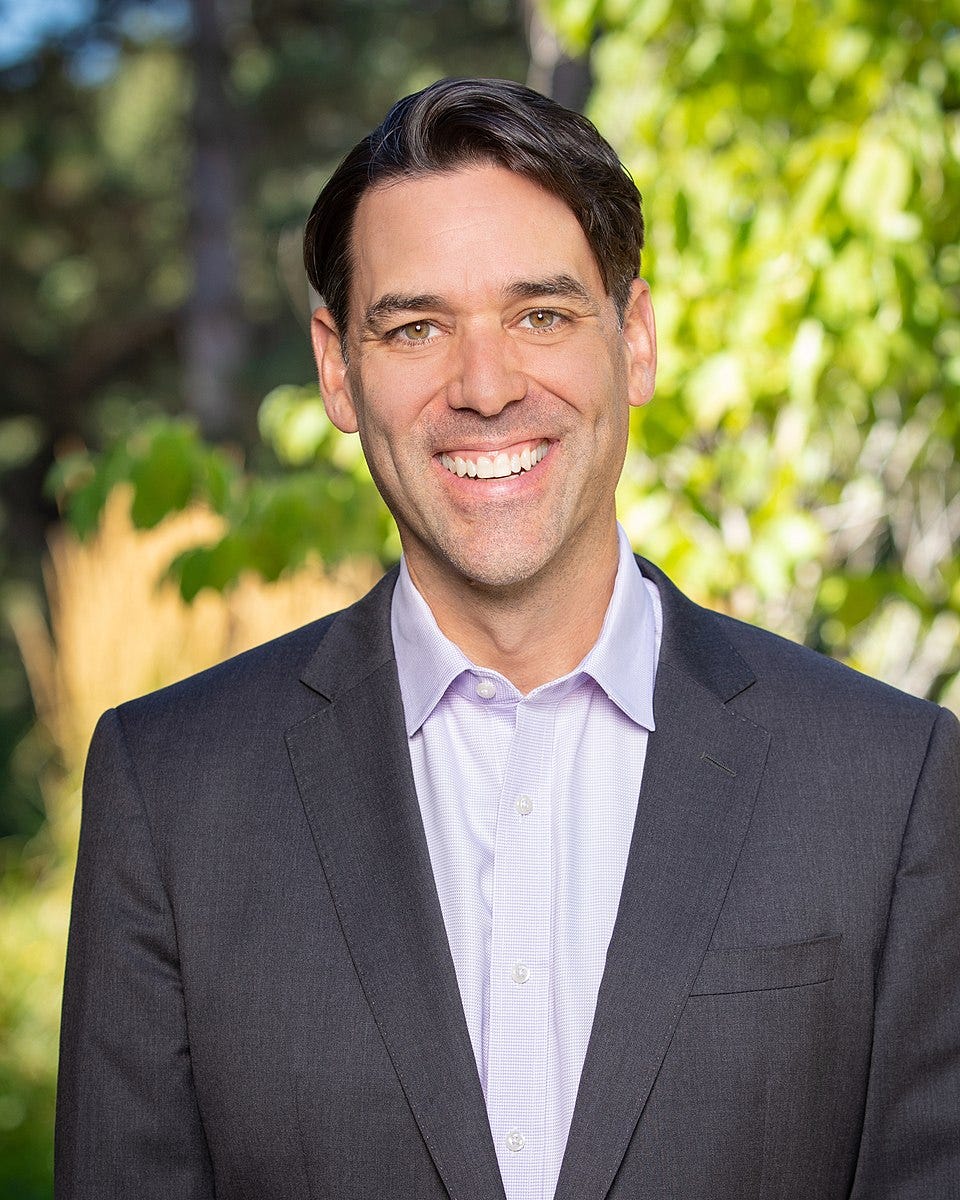Wagner faces big challenges, big shoes to fill in Oregon Senate
The new Senate President, who replaces a bigger-than-life personality, should focus on leadership basics and institutional credibility
Much attention has been focused on incoming Gov. Tina Kotek as the 2023 legislative session approaches. Rightly so. She occupies the bully pulpit, and her history and early actions suggest she’ll take a hands-on role in tackling Oregon’s problems. But, as is the case with any governor, her performance will be greatly influenced by the work of legislative leaders. Over the next two days, Gary Conkling and I will look at two key leaders, Senate President Rob Wagner (D, Lake Oswego) and Senate Republican Leader Tim Knopp of Bend, and the challenges they will face this session.
Today, I look at Wagner. Tomorrow, Gary will look at Knopp.
The biggest challenge Wagner faces is replacing longtime Senate President Peter Courtney. Courtney’s longevity alone makes succeeding him difficult. Courtney held the position 20 years, longer than anyone in Oregon history. Add to that tenure his flamboyant personality and he casts a formidable shadow.
For better or worse, Wagner is certain to be compared with Courtney. Trying to be like Courtney would be a mistake – both because their personalities are almost opposite and because Courtney, like everyone, had both strengths and weaknesses. Here are areas where Wagner should and shouldn’t attempt to be like Courtney:
Traits to maintain
Commitment to bipartisanship. Courtney revered the Legislature, especially the Senate, as an institution even before events of the past six years made preserving democracy a real-time issue not just an intellectual discussion point for commentators. He resisted the tidal wave of partisanship that has flooded politics. Like anyone, he could lose his temper at times. But his North Star was maintaining the legitimacy and credibility of the legislative body. That seems like an obvious goal. But it’s one that far too many leaders have lost sight of. Wagner needs to keep Courtney’s focus on bipartisanship and institutional integrity.
Commitment to representing everyone. It’s commonplace to describe moderates like Courtney as wishy-washy leaders who try to please everyone. That’s misguided for two reasons. First, most moderates do have strongly held beliefs. Courtney’s strongest ones were described above. Second, elected leaders should try to please everyone. Of course, that is impossible because constituents often want things that are contradictory, misguided or even impossible. But, if you discount their wishes for those reasons, you soon lose accountability. While Courtney was known for his unconventional oratory, he also was a listener and an observer of his community. Wagner should commit to do the same. His early actions show a willingness to do so.
Traits to ignore
Personal style: Courtney’s oratory was truly unique. He more closely resembled cartoon character Foghorn Leghorn than any real-life legislator of the past 50 years. Wagner couldn’t imitate his predecessor if he tried. Instead, he must find a style that works for him – one that allows him to build trust and command respect.
Policy preferences: Personally, I liked the moderate tack that Courtney took on most issues. But, as noted above, governing requires representing everyone. Circumstances are quite different in Oregon than during most of Courtney’s tenure. The key issues that Wagner faces will be different than the ones that defined Courtney. In some cases, the right solution will be one that appeals to moderates. In other cases, a more progressive path will be best. And, yes, there will be times when conservatives have the best idea.
This list focuses on leadership traits, not legislative priorities. If that seems like an oversight given Oregon’s many problems, it’s not. Oregon’s failures for the most part have not been caused by poor policy choices. They’ve been caused by poor execution. Contrary to the partisan messages voiced in Salem and Washington, D.C., there rarely is only one way to solve a problem. However, if you execute poorly, all options are likely to fail. That’s why Wagner and others in positions of power should focus on basics like listening, learning and leading.
Mark Hester is a retired journalist who worked 20 years at The Oregonian in positions including business editor, sports editor and editorial writer.


